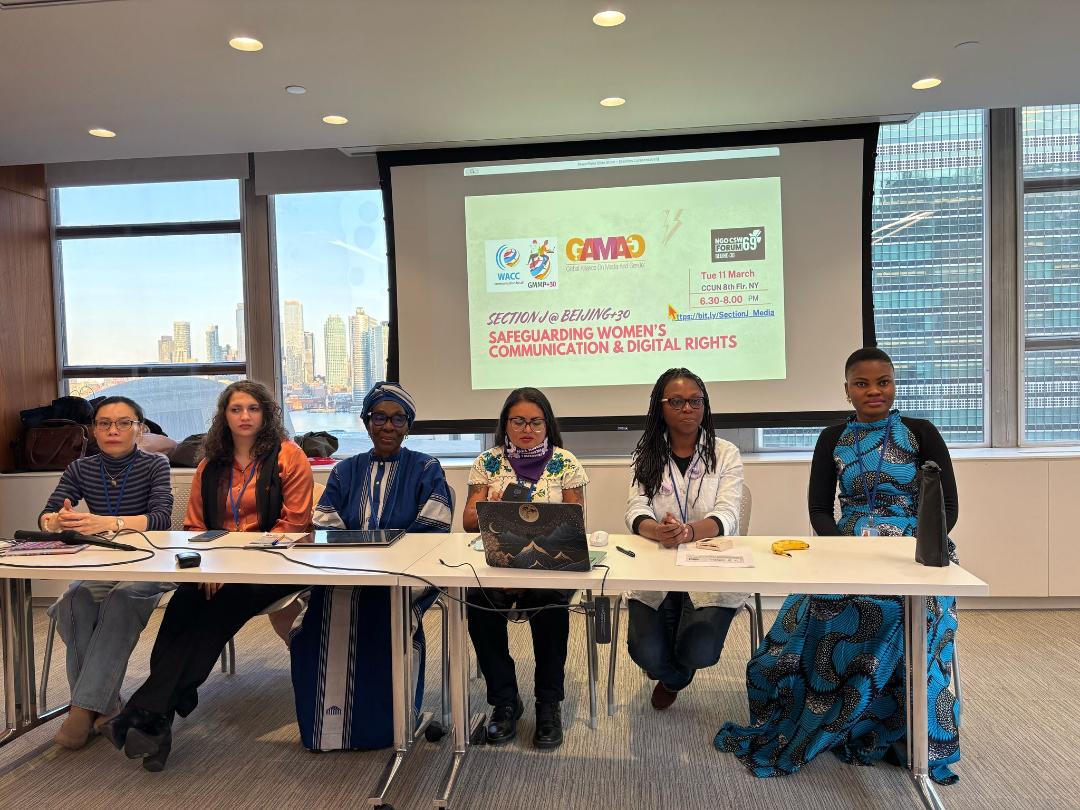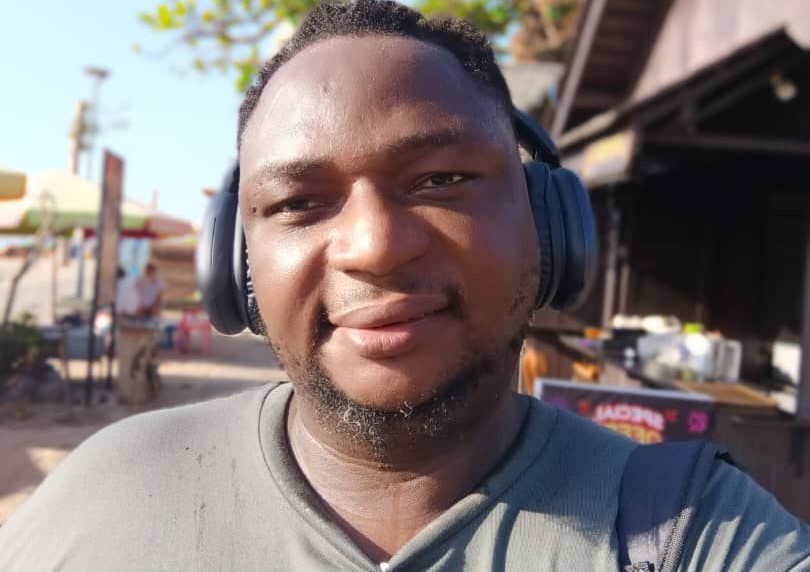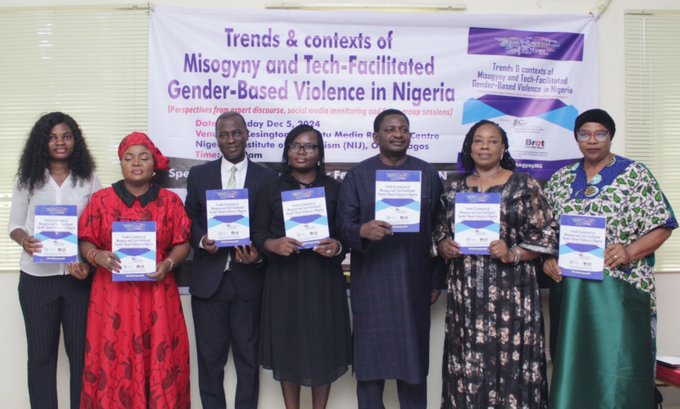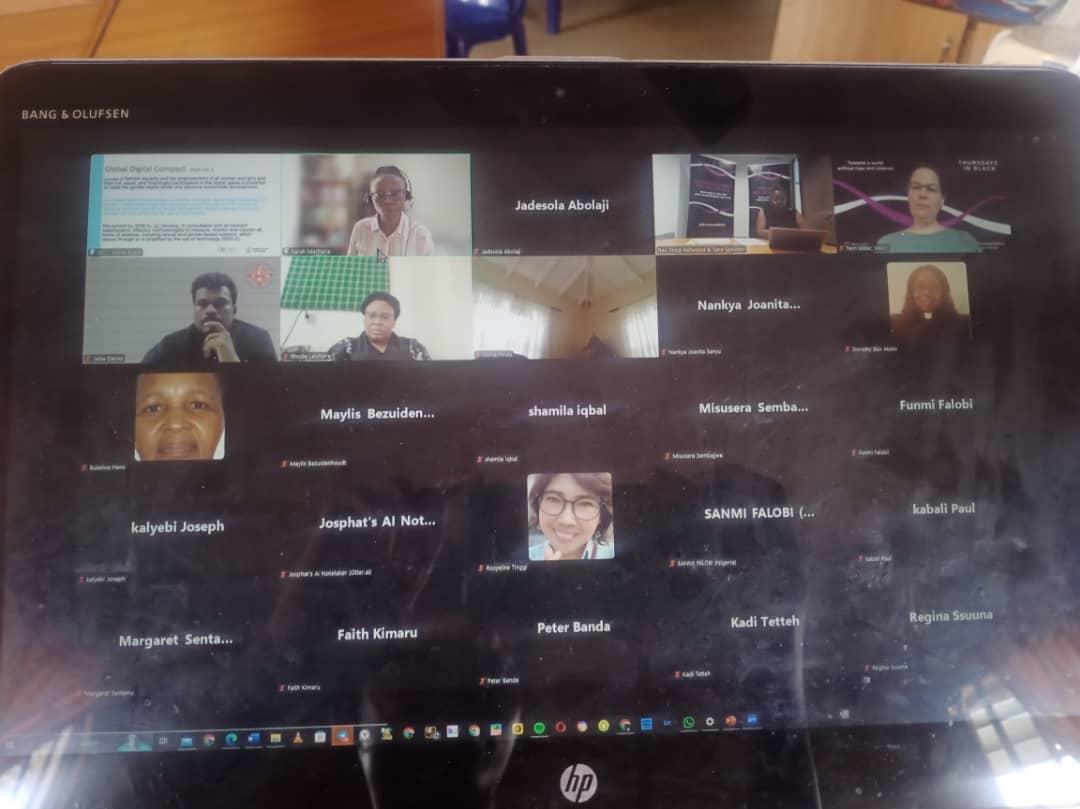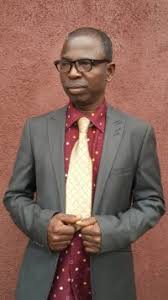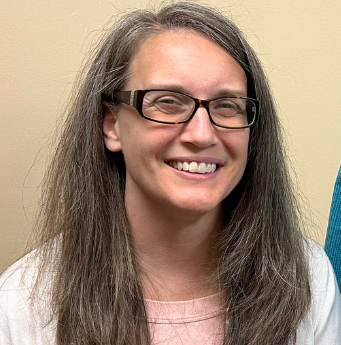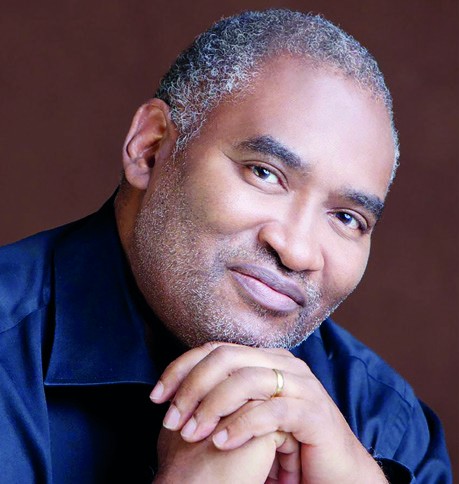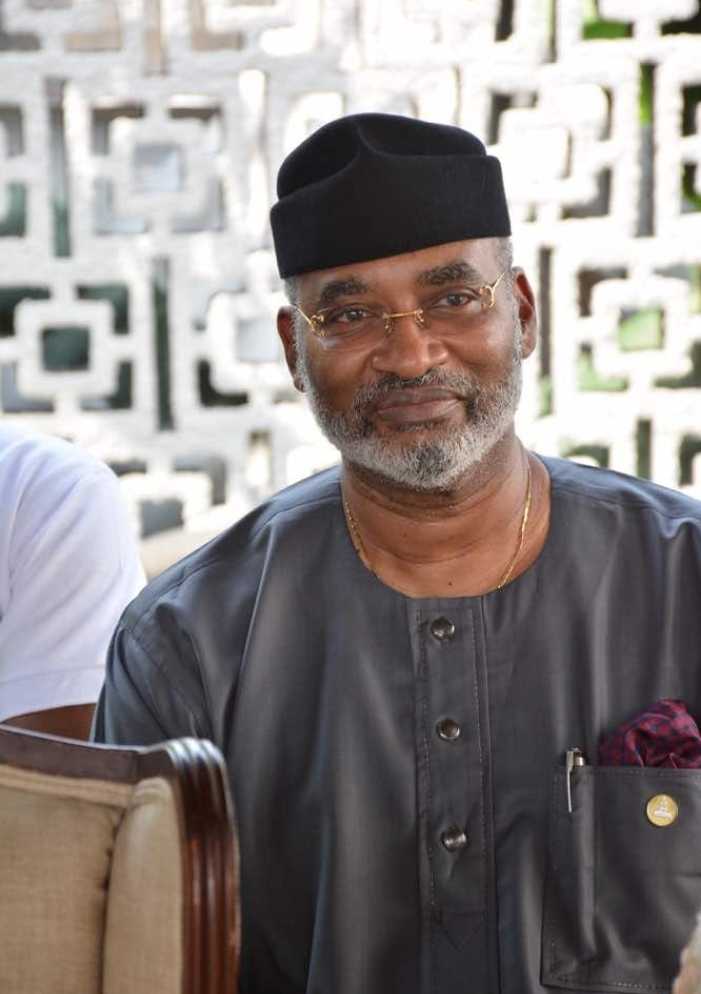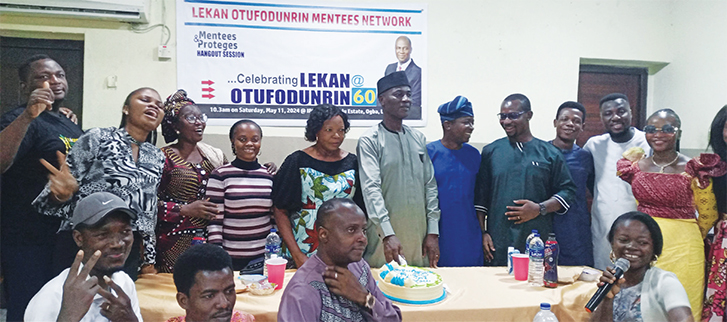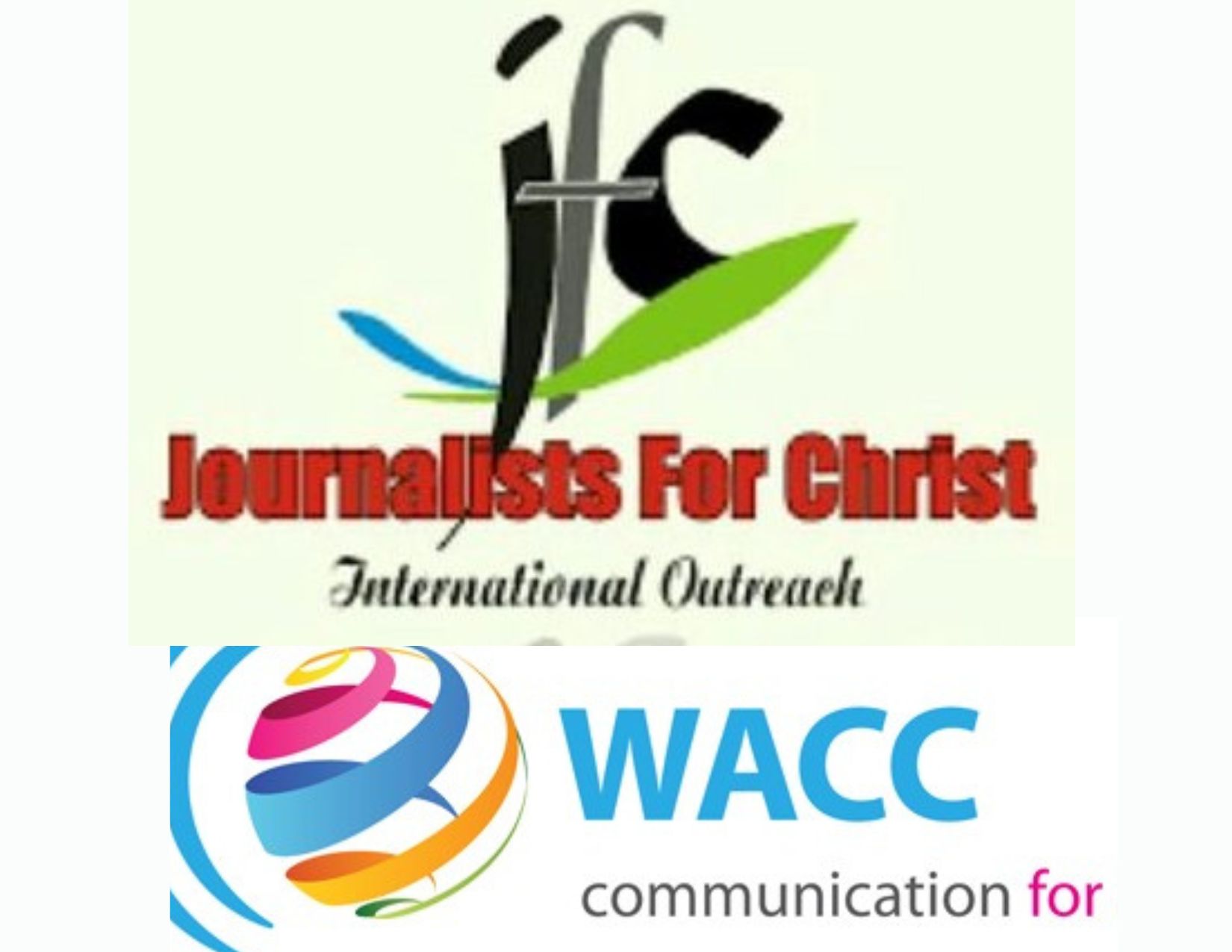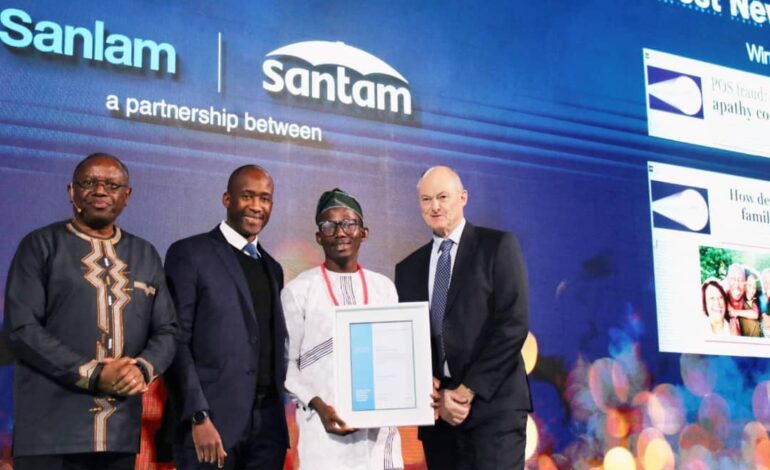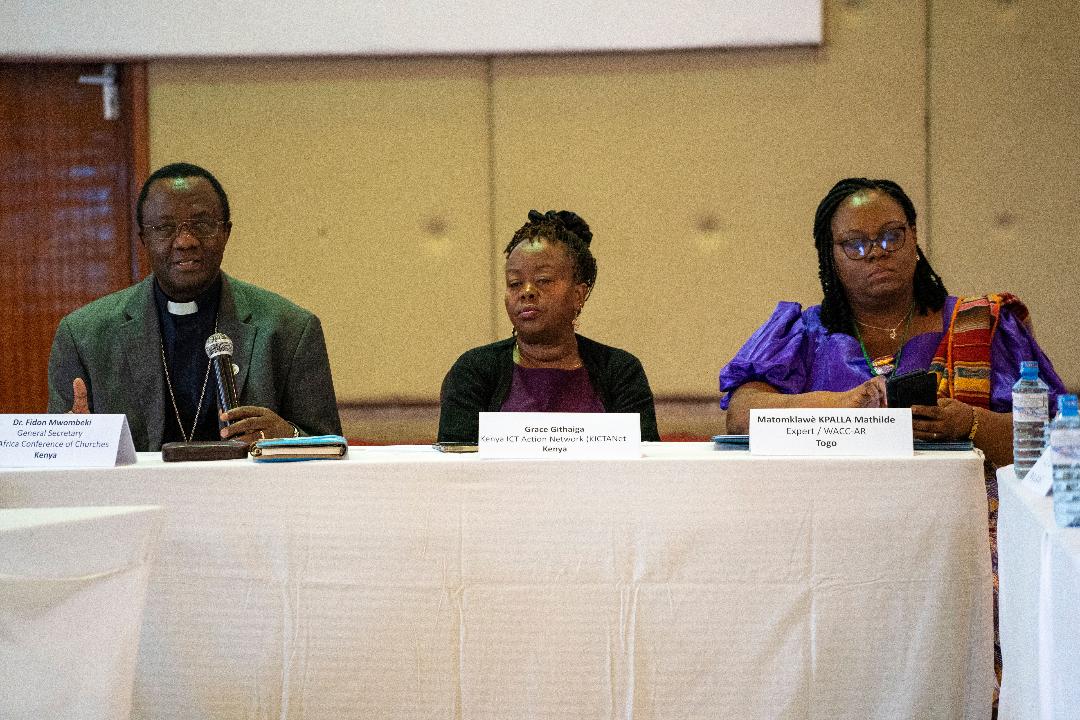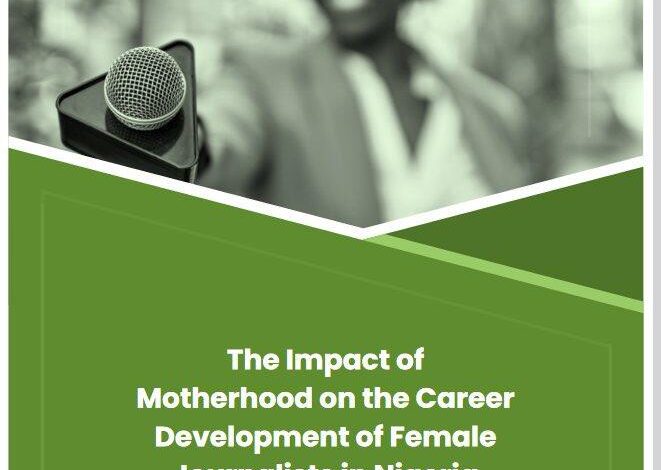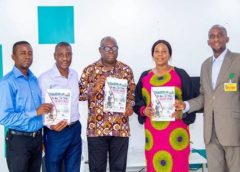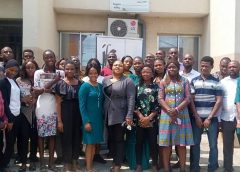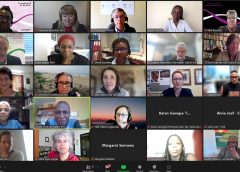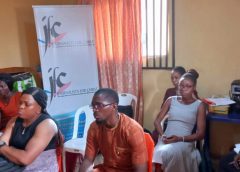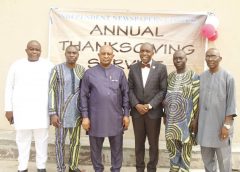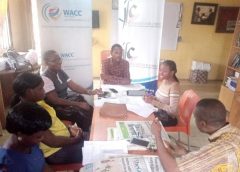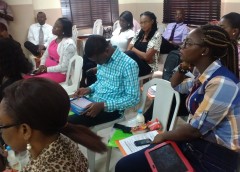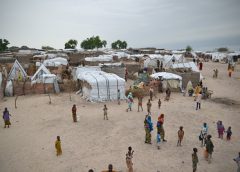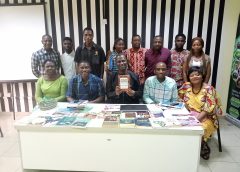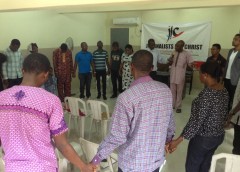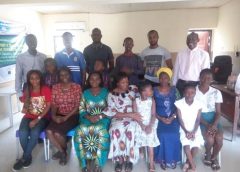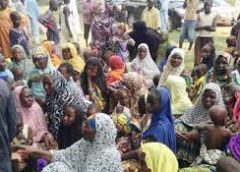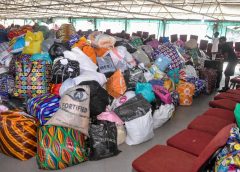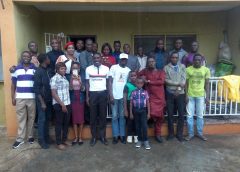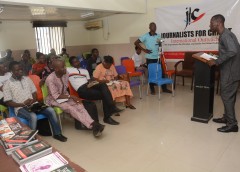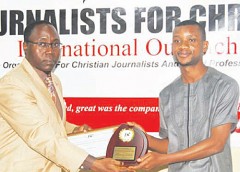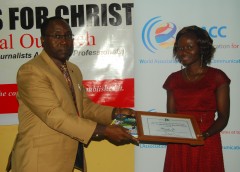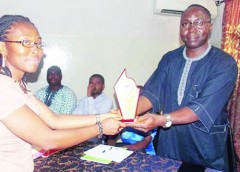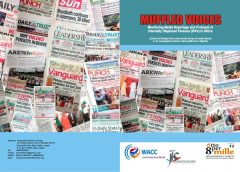
Journalists for Christ International Outreach, Nigeria has launched a report on Media Reportage and Portrayal of Internally Displaced Persons (IDPs) in the country.
Titled Muffled Voices, the report is the outcome of a two-month survey of media reports in six newspapers and two online platforms in Nigeria.
The project was supported by the World Association for Christian Communication (WACC), Bread for the World and Waldensian Church’s Otto Per Mille (OPM).
A similar report is expected to be published in Kenya and Congo DRC.
At the presentation of the report on Monday, August 5, 2019, journalists were urged to be more committed to reporting on issues affecting internally displaced persons in the country.
The Nigeria report was reviewed by an Associate Professor of Mass Communication at the University of Lagos, Dr Oloruntola Sunday who advocated for the adoption of the United Nations Guidelines for reporting on IDPs.
Full Report below:
The report on Media Reportage and Portrayal of Internally Displaced Persons (IDPs) in Nigeria titled Muffled Voices was launched on Monday, August 4 in Lagos, the nation’s former capital city.
At the presentation attended by journalists and other stakeholders, the Nigerian media was urged to be more committed to reporting on issues affecting internally displaced persons in the country.
In his welcome address, President of Journalists for Christ and Project Coordinator, Lekan Otufodunrin said the report is a needed resource to help the media play its expected role to give a voice to the displaced persons who are victims of the circumstances they found themselves.
“After today’s launch we have plans to engage in advocacy visits media houses and mobilise other stakeholders on the need to ensure that the voices of the unfortunate displaced persons in our country is heard and responded to.
“ It is our hope that the media in Nigeria will find this report as a useful guide to be able to play their expected role in informing and educating all concerned about the true state of IDPs issues in our country. Our ultimate desire is that IDP camps will not continue to be a permanent feature in our country,” Otufodunrin said.
The report was reviewed and presented by an Associate Professor of Mass Communication at the University of Lagos, Dr Oloruntola Sunday who commended the report which he said is very comprehensive said it will help the Nigeria media to reassess its reportage of IDPs and other vulnerable groups.
He advocated for the adoption of the United Nations guiding principles which addresses specific needs of IDPs worldwide for reporting displaced persons.
The principles are 30 in number and are divided into five sub-sections and include:
Section One (1) – Rights and freedoms.
Section Two (2) – Protection from displacement.
Section Three (3) – Protection during displacement.
Section Four (4) – Humanitarian assistance.
Section Five (5) – Return, resettlement and reintegration.
While noting that the principles do not constitute binding instruments, Oloruntola said they have received huge support from the international community. In 2009, the African Union adopted the Kampala Convention on IDPs. This regional instrument is an important step in the protection of and provision of assistance to IDPs in one of the continents most affected by displacement.
Dr Oloruntola therefore suggested the following:
– Domestication of the Kampala Convention by the Nigerian government
– There is a need to take proactive steps in providing the needed incentives and security for the IDPs.
– Good governance is a panacea to peaceful co-existence.
– All cases of rape and abuse in the camps must be properly handled to serve as deterrence against future reoccurrence.
– There should be national policy frameworks on the IDPs to be implemented by NGOs/CSOs and the government.
– For the media, there should be proper coverage of IDPs, report facts on IDPs and also journalists should be ethical in their reporting and show humanity. Besides the media should speak for the people and give them a voice. More importantly, they should be portrayed as people who can still contribute to development of the society.
Two discussants, former Saturday editor of Saturday Punch, Mrs Bisi Dei-Folutile and News editor of Radio Lagos, Muyiwa Kalejaye also offered their views on the report.
While acknowledging the need to report about IDPs, Kalejaye said the bureaucracy and hostile attitudes of government officials that limits access of journalists to IDP camps to conduct in-depth coverage.
He shared the experience he had to go through when he tried to report goings on in an IDP camp despite the fact that he works with a popular state government owned outfit and came in a car that boldly announced his presence
He challenged media owners to pay their workers as and when due so that they can be alive to their responsibilities of covering crucial issues including the plight of IDPs and urged JFC/WACC not to relent in its encouragement to journalists to continue to put the IDPs in the front burner.
Deji-Folutile highlighted lack of enough staff and resources in media organisations to ensure that priority be given to IDP issues which may be considered as major news reports.
She called on JFC/WACC to commission independent journalists to do special reports on IDPs instead of relying only journalist employed by media houses.
She noted that the media should also focus on bad governance which according to her is the part of the cause of the crisis that gave rise to displacements of citizens.
Mrs Ola Erinfolami of the National Commission for Refugees, Migrants and Internally Displaced Persons said the agency has been trying its best to cater for displaced persons in camps and other centres across the country and called for more support to meet the various needs.
She noted that there are many children of school age that are out of school not because they hated western education or civilisation but because they cannot afford school fees.
“There are many kids with us there that can be sponsored to go to school; many of them are out of school. Nothing is too small for them. You can pick the sponsorship of their school fees even for just a term or a session,” she appealed.
Betty Abbah the executive director of the Centre for Children’s Health Education, Orientation and Protection (CEE-HOPE) and Member of Board of Trustees of JFC who moderated the event painted a pathetic picture of what children and women go through in the camps, especially women whom she said sometimes cannot afford or are not provided with simple basic items like sanitary pads.
She urged the media to live up to the responsibility of reporting the various critical issues in the camp beyond government pronouncements. According to her there are health, psychological, human rights and accountability perspectives to reporting about IPDs.
Executive Director of Journalists Against AIDS ( JAAIDS) Ms Olayide Akanni said the report which aims to assess how the Nigerian media is highlighting the voices of the voiceless is very important.
“It is good to highlight major issues like that of the IDPs because If we don’t highlight them, the government will not pay attention. The media is the fourth estate of the realm. We are the ones that set the agenda; we are the ones that put issues on the front burners; and we need regular assessment like this.
“For me, I think it’s a call to action; for government and agencies. It’s a call for action for us to think deeply about our plans for IDPs because it’s a becoming decimal in our history in the past few years.” Akanni stated.
Chairman of the Lagos Council of the Nigeria Union of Journalists, Dr Qasim Akinreti commended WACC and OPM for supporting the monitoring and publication of the report.
He said ‘Muffled Voices’ will challenge the media to bring the stories of IDPs to the consciousness of the nation and call to question those who are responsible for their plights.
As agents of change, Akinreti said journalists must be ready to make every sacrifice, so that, the down-trodden like IDPs can get the relief they need.
Journalist and Executive Director of Media Support Centre, Lagos also commended the publication and challenged journalists to find the right balance between professionalism and the profitable management of media houses.
According to him, journalists must show compassion by reporting on the downtrodden in the society like the IDPs and draw attention to what needs to be done to cater for their needs.
“Who has been lifted out of poverty by your story, who has been elevated? Who’s that person who will see you in the future and say, if not for that report or story? As reporters we must be social agents of change” Fatade stated.
